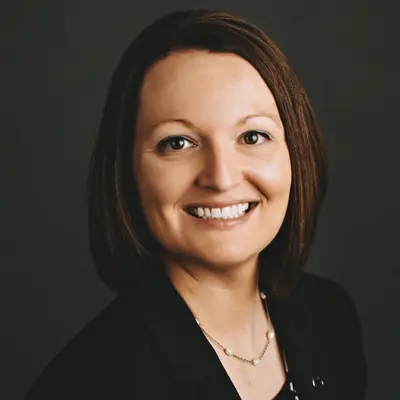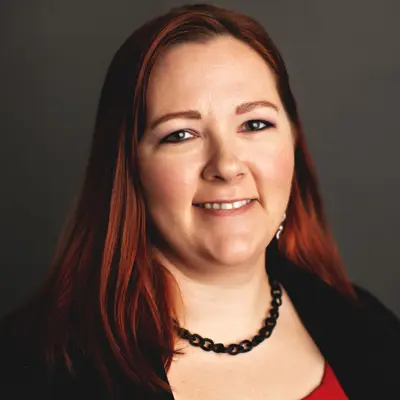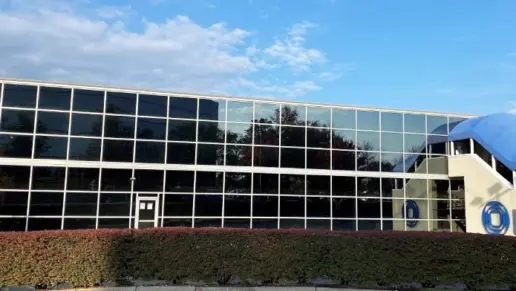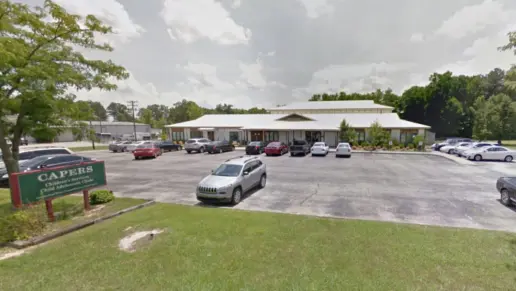SUICIDAL PERSON SENT TO CRISIS UNIT, AFTER ADMISSION GIVEN A SANDWICH AND SENT TO BED; WOKE UP THIS AM AND GIVEN BREAKFAST. STAFF ASKED MAN IF HE WAS SUICIDAL AND MAN REPLIED NOT AT THIS MOMENT AND HE WAS DISCHARGED HOME. TWO SUICIDAL ATTEMPTS AND IDEATION JUST SINCE DISCH ...
About Communicare – Adult Crisis Stabilization Unit
Communicare – Adult Crisis Stabilization Unit, located in Elizabethtown, Kentucky, offers full-service care for substance abuse along with co-occurring behavioral health concerns. They use individualized treatment plans to address each client’s unique needs and help with anything from opioid addiction to mental health disorders at their Adult Crisis Stabilization Unit.
The target population for the Opioid and Drug Addiction Treatment Program at Communicare is individuals who have a substance use disorder and require services, particularly those with an opioid addiction. What makes this program unique is that it uses the integrative approach by blending medication assisted treatment (MAT) with counseling and behavioral therapies. Helpful medications like Suboxone and methadone can be used to reduce withdrawal symptoms and cravings during the beginning of recovery, easing that painful process as clients focus on addiction treatment.
In addition, clients can engage in individual and group therapy that will work to overcome the emotional and psychological roots of their specific form of addiction. The program extensively advocates for a social support network by engaging family and community assets that fuel sustaining recovery processes.
On the mental health front, Communicare has extensive behavioral health and mental health programs that provide support for adults with anxiety, depression or severe conditions such as schizophrenia or bipolar disorder. One of those services is the Adult Crisis Stabilization Unit, which offers short-term, intensive clinical stabilization for adults in psychiatric crises. This unit focuses on stabilizing a person’s control of their mental health before they enter lower-intensity levels of care.
A special focus of Communicare’s mental health services is its crisis intervention model, which seeks to avert hospitalization by offering immediate care in the least confining environment possible. They provide personalized treatment services such as psychiatric evaluations, medication management plans and therapy sessions tailored according to the client’s needs.
Rehab Score
Other Forms of Payment
Private insurance refers to any kind of healthcare coverage that isn't from the state or federal government. This includes individual and family plans offered by an employer or purchased from the Insurance Marketplace. Every plan will have different requirements and out of pocket costs so be sure to get the full details before you start treatment.
Self-pay involves paying for treatment out of your own pocket. You can use savings or credit, get a personal loan, or receive help from family and friends to fund your treatment. If you don't have insurance or your insurance plan doesn't cover a specific program, self-pay can help ensure you still get the care you need.
Financial aid can take many forms. Centers may have grants or scholarships available to clients who meet eligibility requirements. Programs that receive SAMHSA grants may have financial aid available for those who need treatment as well. Grants and scholarships can help you pai for treatment without having to repay.
Sliding scale payments are based on a client's income and family size. The goal is to make treatment affordable to everyone. By taking these factors into account, addiction recovery care providers help ensure that your treatment does not become a financial burden to you or your family, eliminating one barrier to care.
Medicare is a federal program that provides health insurance for those 65 and older. It also serves people under 65 with chronic and disabling health challenges. To use Medicare for addiction treatment you need to find a program that accepts Medicare and is in network with your plan. Out of pocket costs and preauthorization requirements vary, so always check with your provider.
Medicaid is a state based program that helps lower-income individuals and families pay for healthcare. Medicaid covers addiction treatment so those enrolled can use their coverage to pay for rehab. When a program accepts Medicaid the client often pays very little or nothing out of their own pocket.
Military members, veterans, and eligible dependents have access to specific insurance programs that help them get the care they need. TRICARE and VA insurance can help you access low cost or no cost addiction and mental health treatment. Programs that accept military insurance often have targeted treatment focused on the unique challenges military members, veterans, and their families face.
Addiction Treatments
Levels of Care
Treatments
Many of those suffering from addiction also suffer from mental or emotional illnesses like schizophrenia, bipolar disorder, depression, or anxiety disorders. Rehab and other substance abuse facilities treating those with a dual diagnosis or co-occurring disorder administer psychiatric treatment to address the person's mental health issue in addition to drug and alcohol rehabilitation.
Mental health rehabs focus on helping individuals recover from mental illnesses like bipolar disorder, clinical depression, anxiety disorders, schizophrenia, and more. Mental health professionals at these facilities are trained to understand and treat mental health issues, both in individual and group settings.
Programs


Clinical Services
Cognitive Behavioral Therapy (CBT) is a therapy modality that focuses on the relationship between one's thoughts, feelings, and behaviors. It is used to establish and allow for healthy responses to thoughts and feelings (instead of unhealthy responses, like using drugs or alcohol). CBT has been proven effective for recovering addicts of all kinds, and is used to strengthen a patient's own self-awareness and ability to self-regulate. CBT allows individuals to monitor their own emotional state, become more adept at communicating with others, and manage stress without needing to engage in substance abuse.
Group therapy is any therapeutic work that happens in a group (not one-on-one). There are a number of different group therapy modalities, including support groups, experiential therapy, psycho-education, and more. Group therapy involves treatment as well as processing interaction between group members.
In individual therapy, a patient meets one-on-one with a trained psychologist or counselor. Therapy is a pivotal part of effective substance abuse treatment, as it often covers root causes of addiction, including challenges faced by the patient in their social, family, and work/school life.
Trauma therapy addresses traumatic incidents from a client's past that are likely affecting their present-day experience. Trauma is often one of the primary triggers and potential causes of addiction, and can stem from child sexual abuse, domestic violence, having a parent with a mental illness, losing one or both parents at a young age, teenage or adult sexual assault, or any number of other factors. The purpose of trauma therapy is to allow a patient to process trauma and move through and past it, with the help of trained and compassionate mental health professionals.
Whether a marriage or other committed relationship, an intimate partnership is one of the most important aspects of a person's life. Drug and alcohol addiction affects both members of a couple in deep and meaningful ways, as does rehab and recovery. Couples therapy and other couples-focused treatment programs are significant parts of exploring triggers of addiction, as well as learning how to build healthy patterns to support ongoing sobriety.
Research clearly demonstrates that recovery is far more successful and sustainable when loved ones like family members participate in rehab and substance abuse treatment. Genetic factors may be at play when it comes to drug and alcohol addiction, as well as mental health issues. Family dynamics often play a critical role in addiction triggers, and if properly educated, family members can be a strong source of support when it comes to rehabilitation.
Amenities
-
Residential Setting
-
Private Setting
Staff & Accreditations
Staff

CEO

Operations Director

Medical Director

CFO
Accreditations

State Licenses are permits issued by government agencies that allow rehab organizations to conduct business legally within a certain geographical area. Typically, the kind of program a rehab facility offers, along with its physical location, determines which licenses are required to operate legally.
State License: Kentucky
Contact Information
1311 N Dixie Hwy
Elizabethtown, KY 42701

